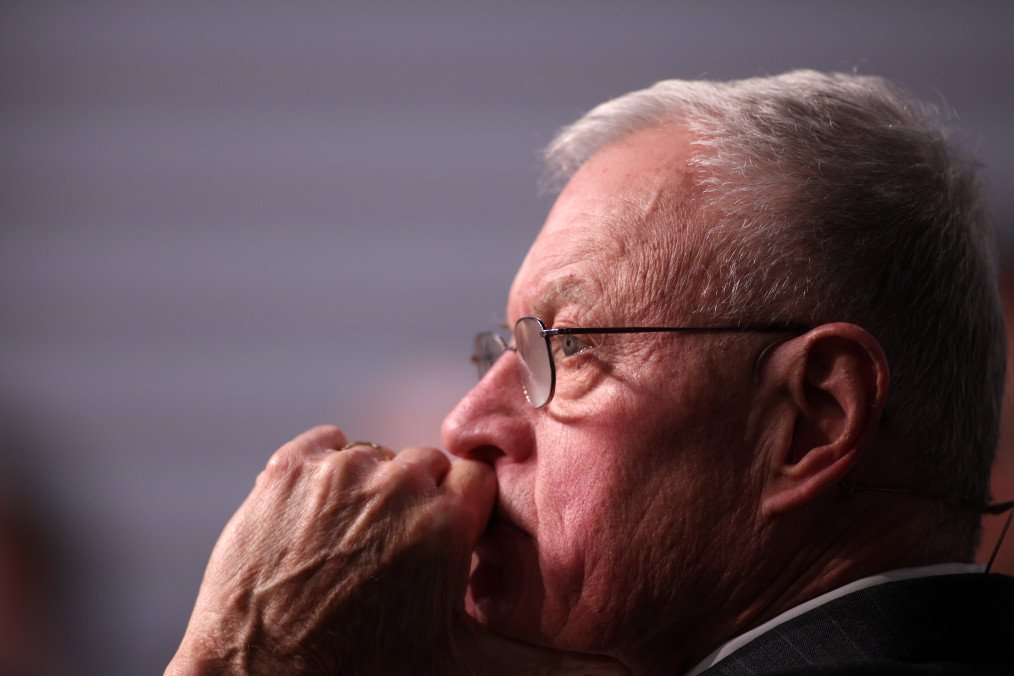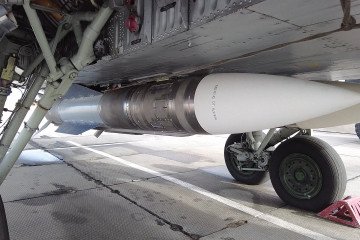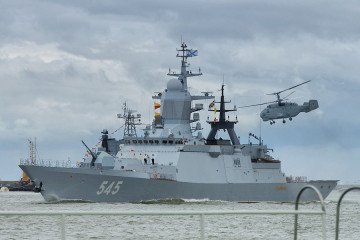Sanctions against Russia have been rated at six out of ten in terms of their scope, but their implementation remains significantly weaker, at only three out of ten. This was stated by Keith Kellogg, special envoy of the US President, during his speech at the Munich Security Conference.
According to Kellogg, most countries have imposed sanctions on Russia, with restrictions on oil products having the most significant impact. However, he noted that Russia is circumventing these measures through a shadow fleet operating primarily in the Baltic Sea. He emphasized the need for a more effective approach to enforcement.
“We need sanctions that effectively target the Russian economy. Right now, on a scale from one to ten, the sanctions are at six, but their enforcement is only at three,” Kellogg stated.
Drawing a comparison to past measures against Iran, he recalled that the United States had previously imposed economic sanctions that had a substantial impact on Tehran. He suggested that similar strategies could be applied to Russia.
Kellogg also pointed out that Russia appears willing to sustain significant military losses, referencing its recruitment of North Korean personnel as an indicator of the strain on its resources. He stressed that sanctions must be part of a broader, comprehensive strategy to maintain pressure on Moscow, which should also consider North Korea’s role.
“This should not just be about military support or aircraft deliveries. It requires a comprehensive plan to ensure sustained pressure on Russia,” he concluded.
Earlier, the Biden administration’s sanctions on Russian oil exports began to take effect, reducing Moscow’s revenues and forcing suppliers to lower prices. Chinese refiners scaled back purchases due to logistical challenges and rising shipping costs, leading to steep discounts on ESPO crude.
With freight rates surging and state-run refiners hesitating to sign new contracts, independent refiners in Shandong province cut processing rates to the lowest levels since 2020. Meanwhile, traders explored alternative delivery methods, but rising costs made Russian oil less viable for many buyers.





-72b63a4e0c8c475ad81fe3eed3f63729.jpeg)
-11b58f58a83d9b0f8fe40066449b041e.jpeg)

